Many traditions still upheld in America today are out of line with contemporary morals and values. We explore 20 of these customs that no longer serve the American public.
Blue Laws

Blue laws, for those who don’t know about them, are laws that restrict certain activities (like drinking alcohol or opening shops) on Sundays specifically to encourage church attendance. Cornell University says that there are many still applicable in the US today, despite arguments against them as being unconstitutional and against the First Amendment.
Tipping Culture

Fox Business reports that three-quarters of Americans think the tipping culture has gone too far, and there are good reasons for this. Relying on tips to supplement wages is problematic, as it often leads to wage insecurity and inequality. Eliminating tipping in favor of a livable wage would create a more equitable and reliable income for service workers.
Beauty Pageants
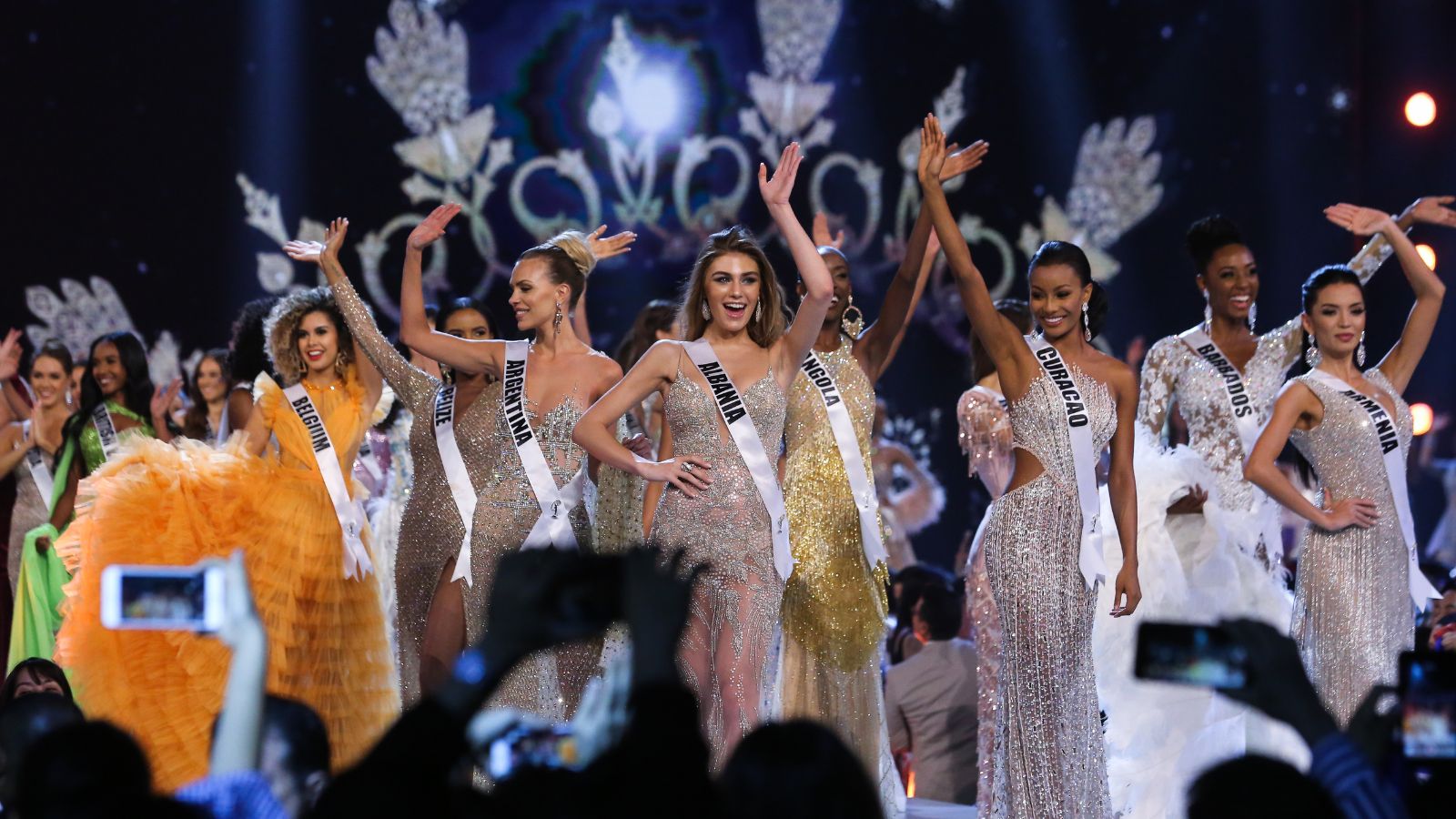
Beauty pageants were once widely celebrated as a showcase of talent, grace, and, of course, beauty. But now, as we read from the New York Times, “by today’s standards, looking for a single ideal of beauty feels antiquated and unenlightened.” We only see beauty pageants perpetuating outdated beauty standards and gender roles.
High School Prom King and Queen

Crowning a prom king and queen is ordinarily deemed a fun way to end the school year. However, many don’t see how it promotes exclusion and unhealthy competition among peers. These are against the values of the educational system, which encourages inclusion and protects the mental health of students. Thankfully, we now see schools reconsidering their acceptance of it.
Gender-Reveal Parties
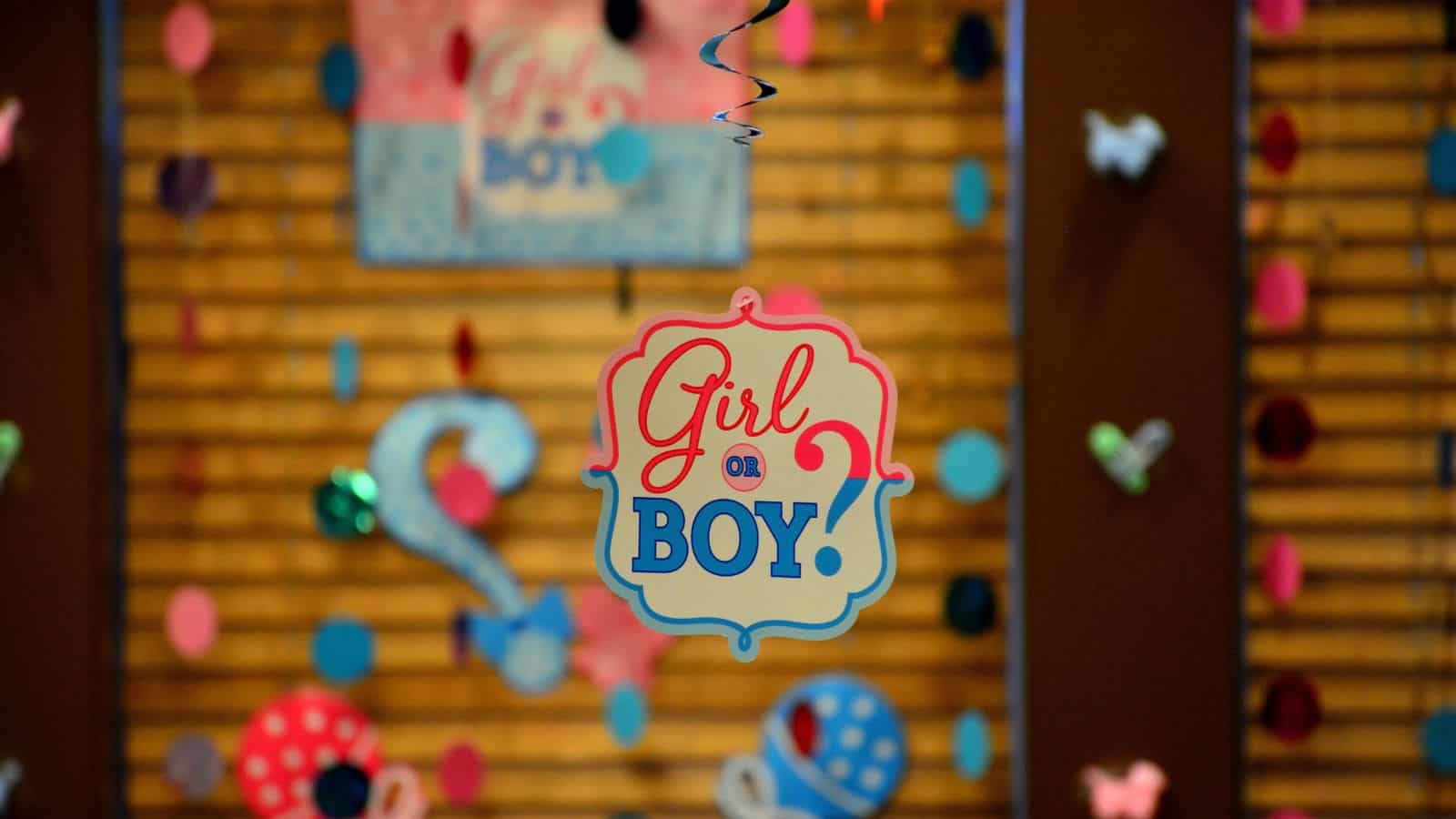
Initially a fun way to celebrate a pregnancy, gender-reveal parties have escalated into extravagant and sometimes dangerous events. For instance, the New York Post shares a story on how a plane crashed off the shores of Cancun carrying a banner saying, “It’s a girl!.” Another party even caused a wildfire in California.
Columbus Day

Honoring Christopher Columbus with a national holiday has become highly controversial. Many people argue that celebrating Columbus overlooks the violent history of colonization and its impact on Indigenous peoples. Some states have even replaced Columbus Day with Indigenous Peoples’ Day, honoring native cultures and histories.
Gender-Specific Toys

Marketing toys specifically for boys or girls encourages outdated gender stereotypes. These distinctions limit children’s creativity and interests, and due to this, we now see companies increasingly adopting gender-neutral marketing. This has already helped children explore a broader range of activities without societal pressure.
Arranged Marriages

Modern relationships typically prioritize individual preference and mutual love, making the tradition of arranged marriages seem outdated. While less common today, arranged marriages still occur in some communities, and it’s a practice that often overlooks personal choice and compatibility. Forced marriages can also lead to unhappiness and a lack of personal fulfillment.
Debutante Balls
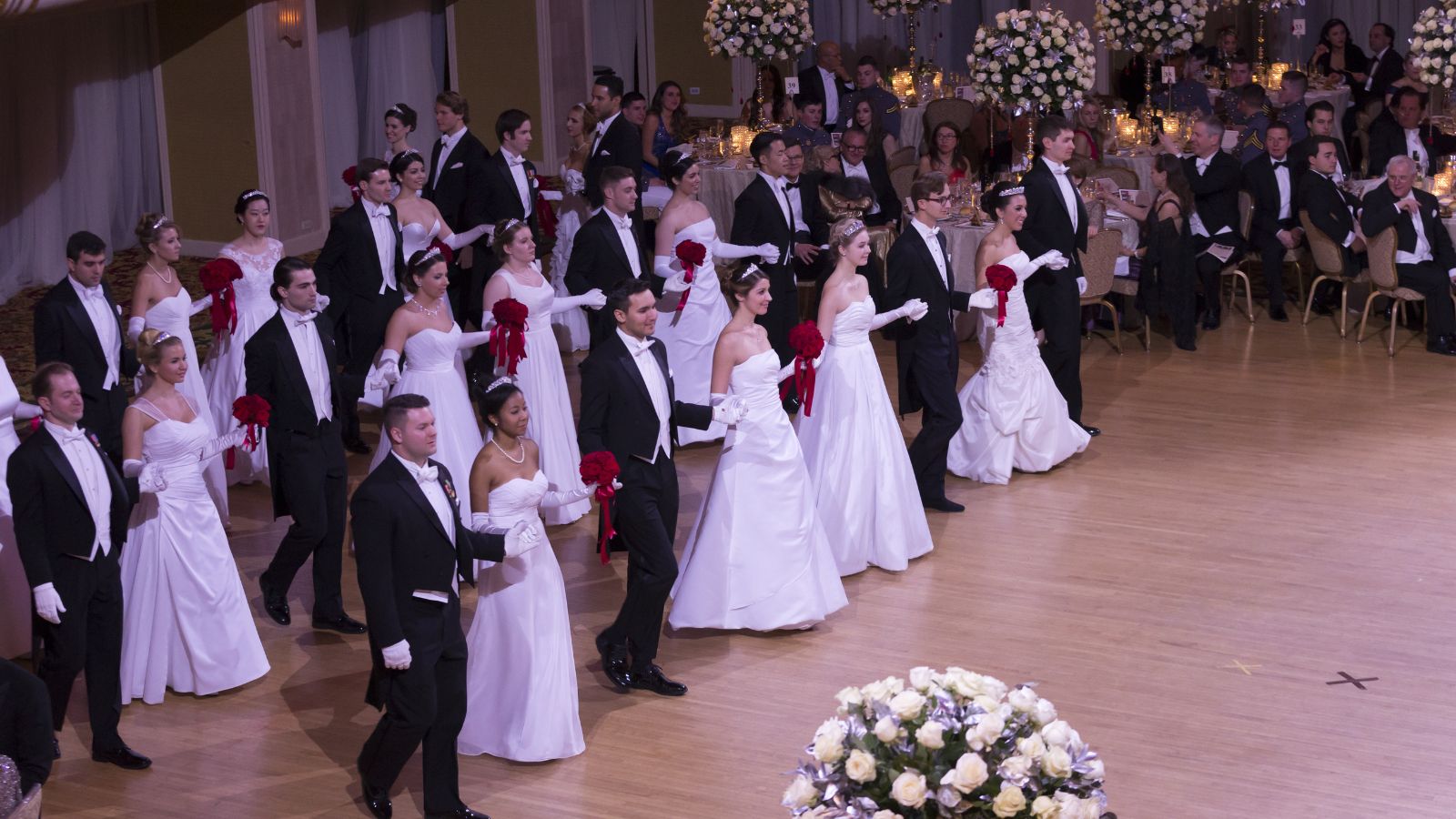
Debutante balls introduced young women to society, signaling their readiness for marriage. In contemporary times, this practice feels archaic and exclusionary. Emphasizing social status and wealth, debutante balls are increasingly seen as irrelevant in promoting equality and personal achievement. They can also perpetuate class distinctions and societal inequalities.
The Electoral College
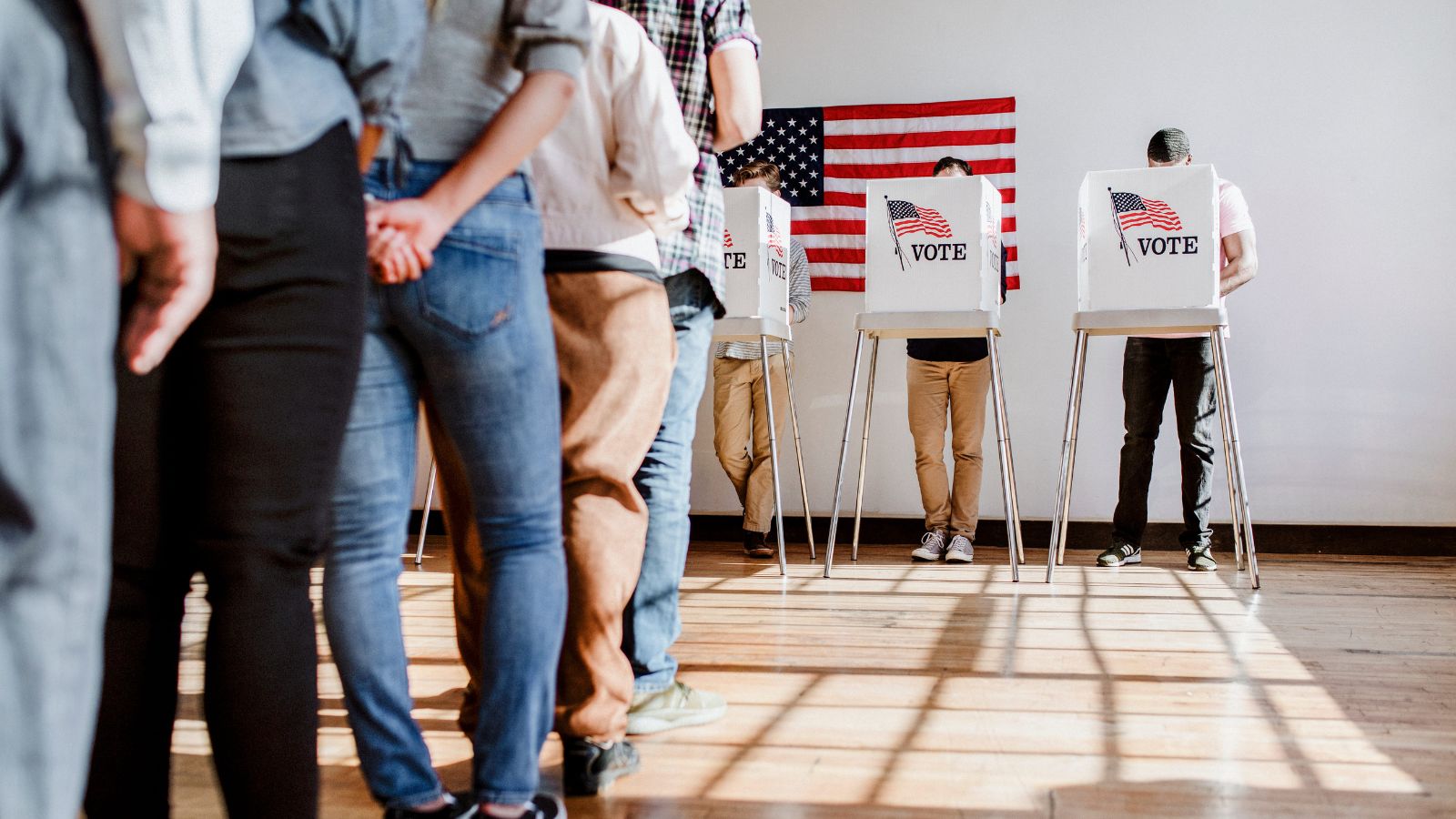
Designed to balance power among states, the Electoral College often seems at odds with democratic principles. Critics argue that it can override the popular vote, leading to questions about its fairness. Many advocate for its abolition, favoring a direct popular vote to reflect the electorate’s true choice.
Sororities and Fraternities

Greek life in college promises camaraderie but often fosters exclusivity, hazing, and problematic behavior. These organizations face scrutiny for perpetuating stereotypes and inequality. And now, thankfully, universities are increasingly seeking alternative ways to foster community and leadership without the downsides of the sororities and fraternities involved.
Hunting for Sport

Hunting animals for sport rather than necessity is viewed by many as cruel and outdated. Conservation efforts and changing attitudes toward animal rights highlight the ethical concerns of this practice, and we now see that there is a growing call to end sport hunting in favor of more humane and sustainable practices.
Car Culture

America’s love affair with cars has led to urban sprawl, pollution, and traffic congestion. As environmental concerns grow, there is a push toward public transportation, biking, and walking. Reducing reliance on personal vehicles could significantly benefit the environment and urban life quality. This shift can improve public health and reduce accidents as well.
Single-Use Plastics

The convenience of single-use plastics has contributed to a massive environmental crisis, as items like straws, bags, and bottles are filling oceans and landfills. Efforts to reduce plastic waste and adopt sustainable alternatives are gaining momentum, calling into question the necessity of single-use plastics. Reducing plastic use can significantly improve wildlife and human health.
Corporate Jargon

Phrases like “synergy” and “think outside the box” clutter communication without adding value. This jargon often obscures meaning and frustrates employees, and overusing it can also hinder innovation and collaboration. Clear and straightforward language fosters better understanding and efficiency, making corporate jargon an outdated and unproductive tradition for communicating.
Homecoming Court
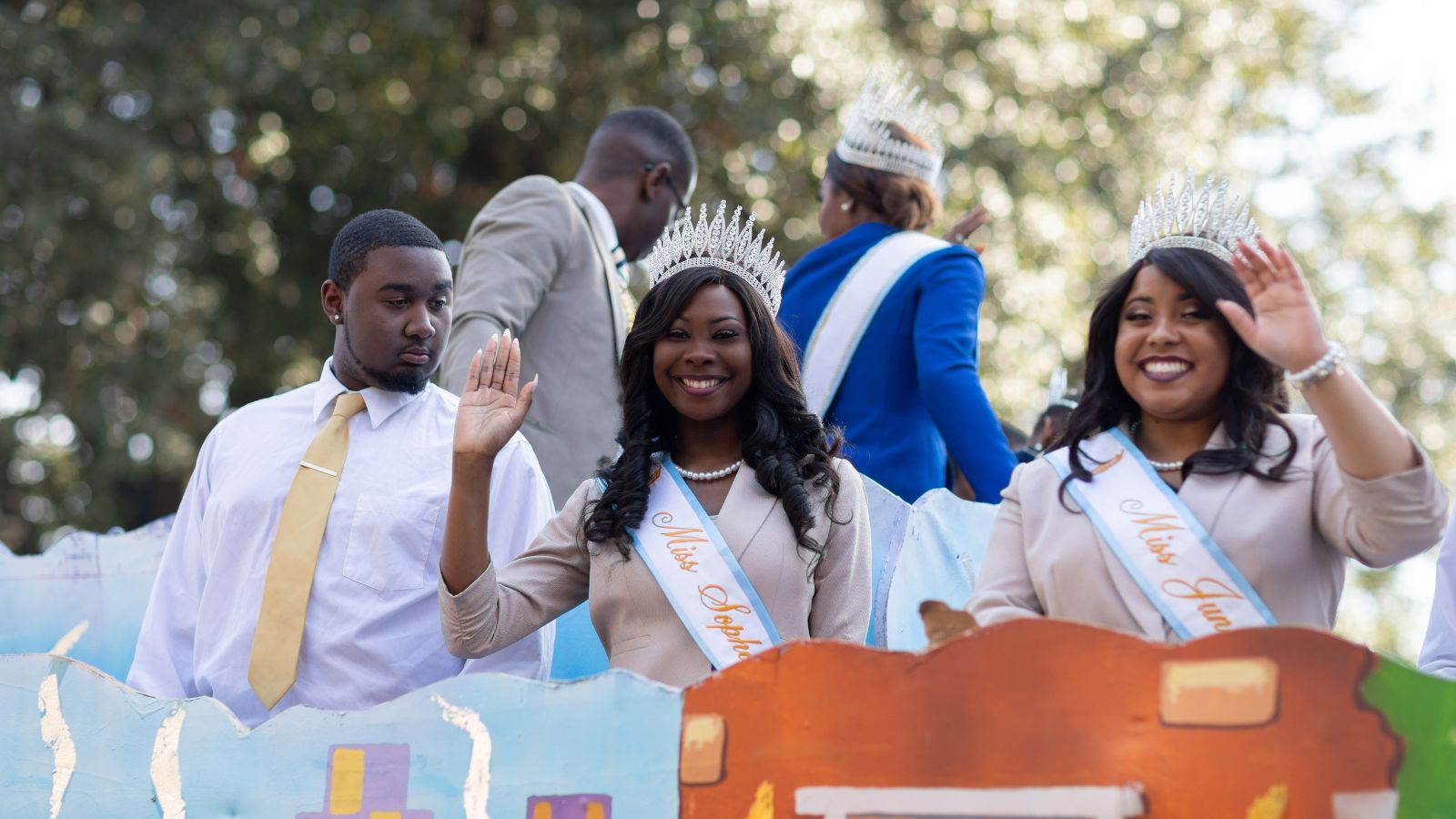
Similar to prom king and queen, homecoming courts perpetuate popularity contests that exclude many students. This practice can overshadow the inclusive spirit of school events, and eliminating this practice can reduce social pressure and competition. Thankfully, schools are beginning to replace these courts with activities that celebrate all students’ contributions and achievements.
Gendered Dress Codes

School and workplace dress codes that enforce gender-specific attire often reinforce outdated norms. More specifically, these policies can marginalize non-binary individuals and limit personal expression as well. Modern dress codes are evolving to be more inclusive and flexible, reflecting diverse identities and preferences. Inclusive policies can also improve comfort and productivity.
Trick-or-Treating

While a beloved Halloween tradition, trick-or-treating raises safety concerns and often leads to excessive candy consumption. Alternatives like community events and trunk-or-treat gatherings offer safer and healthier ways to celebrate Halloween, addressing parents’ concerns about their children’s well-being. These alternatives can also foster stronger community bonds.
Patriotic Pledges

Reciting patriotic pledges in schools feels outdated and exclusionary to some too, and this is because this practice can pressure students to conform to a specific nationalistic view. Schools are exploring ways to foster civic engagement and national pride without mandatory pledges, promoting a more inclusive environment. Optional participation can encourage genuine patriotism and respect for diversity.
Paper Checks

Paper checks are becoming increasingly obsolete in an era of digital payments. They are slow, less secure, and environmentally unfriendly. Since electronic payments simplify transactions and reduce waste, the continued use of paper checks has become an outdated practice. This is especially true when you consider that digital transactions can also enhance financial security and efficiency.
Up Next: 18 Worrying Facts About Life in Medieval Times
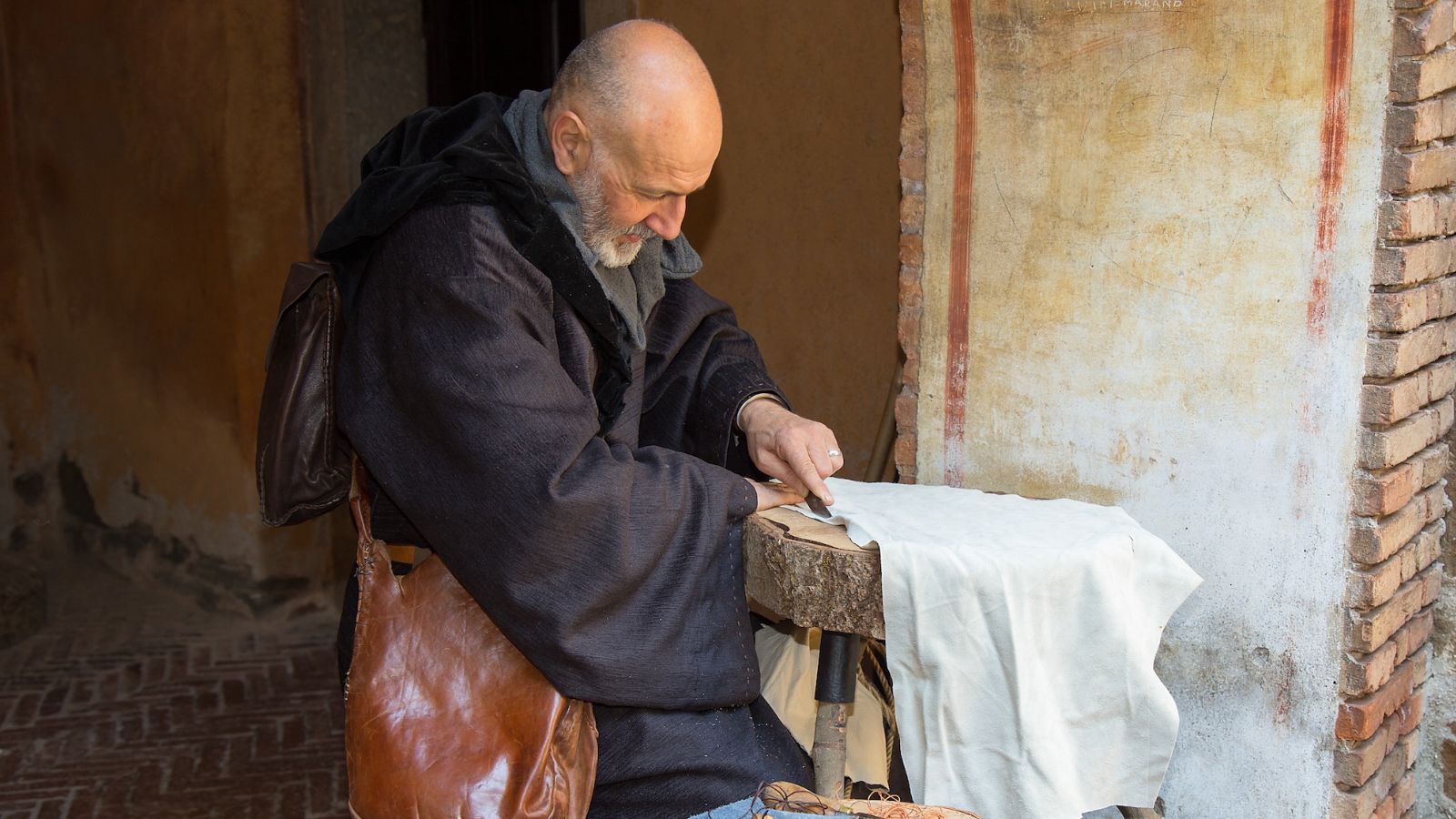
The Middle Ages, also known as the medieval period, lasted from 500 AD to 1500 AD and is usually subdivided into the Early, High, and Late Middle Ages. Life in the medieval period was often brutal, with gruesome punishments, wars, and plagues. Here are 18 terrifying facts about life in the medieval period.
18 Worrying Facts About Life in Medieval Times
19 Easy Ways to Fall Back Asleep After Waking Up in the Middle of the Night

We’ve all been there—it’s dark, quiet, and you’re tired, but you’re still constantly tossing and turning, only to finally fall asleep minutes before the alarm goes off! Waking up throughout the night isn’t just frustrating; it also seriously impacts your energy levels. This article focuses on 19 scientifically proven methods that may help you drift back off more easily.
19 Easy Ways to Fall Back Asleep After Waking Up in the Middle of the Night
17 Things That Are Too Woke For Boomers

Our society is so different from what it was decades ago, and boomers don’t like much of what everyone considers normal in today’s society. In this light, here are 17 things about ‘woke culture’ that particularly make boomers uncomfortable.
